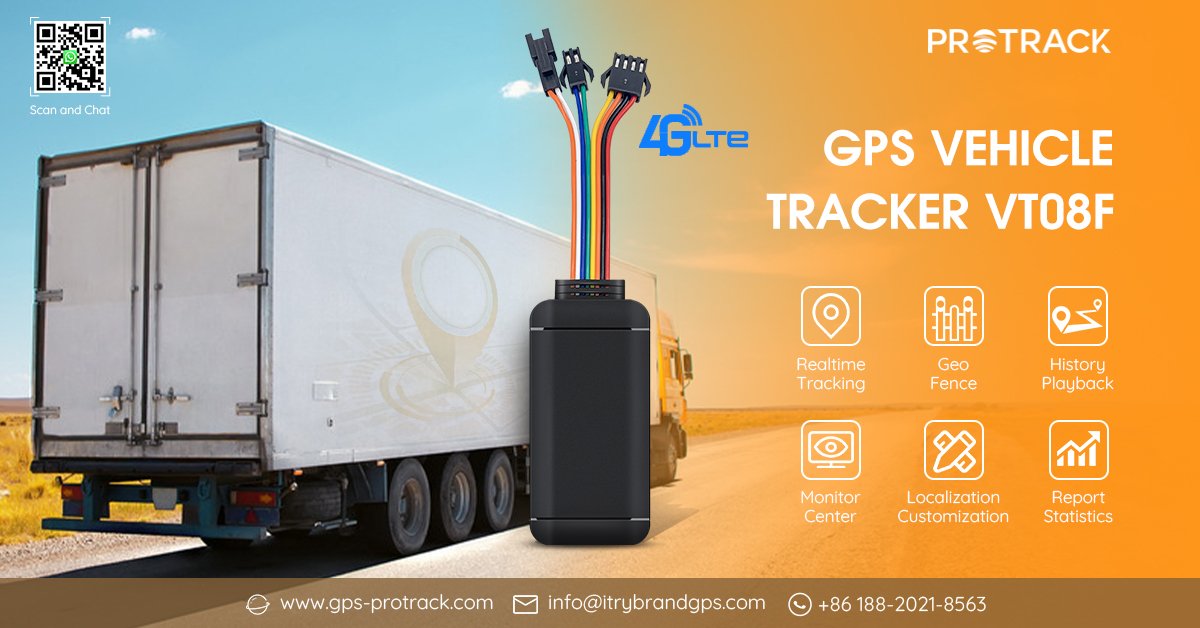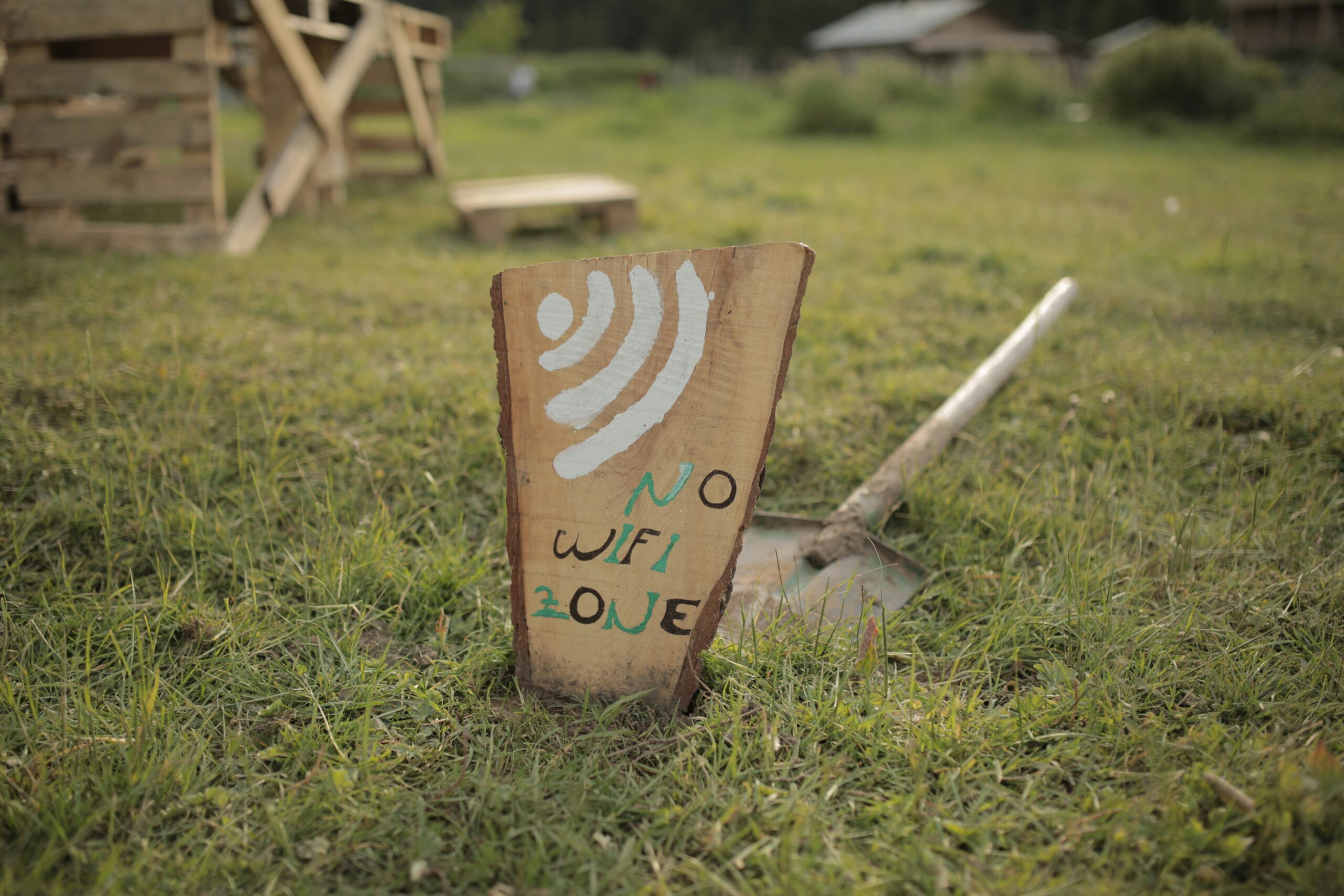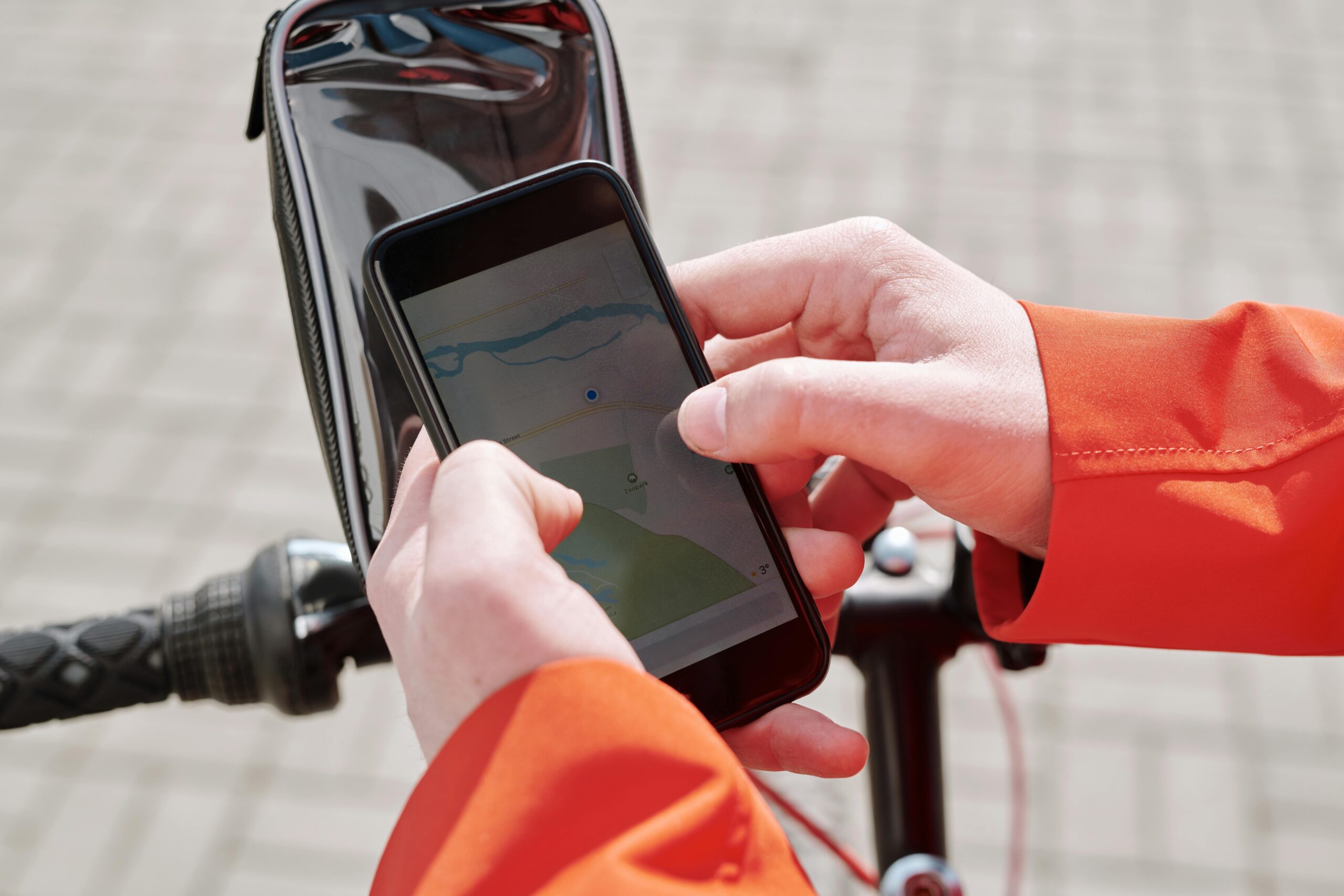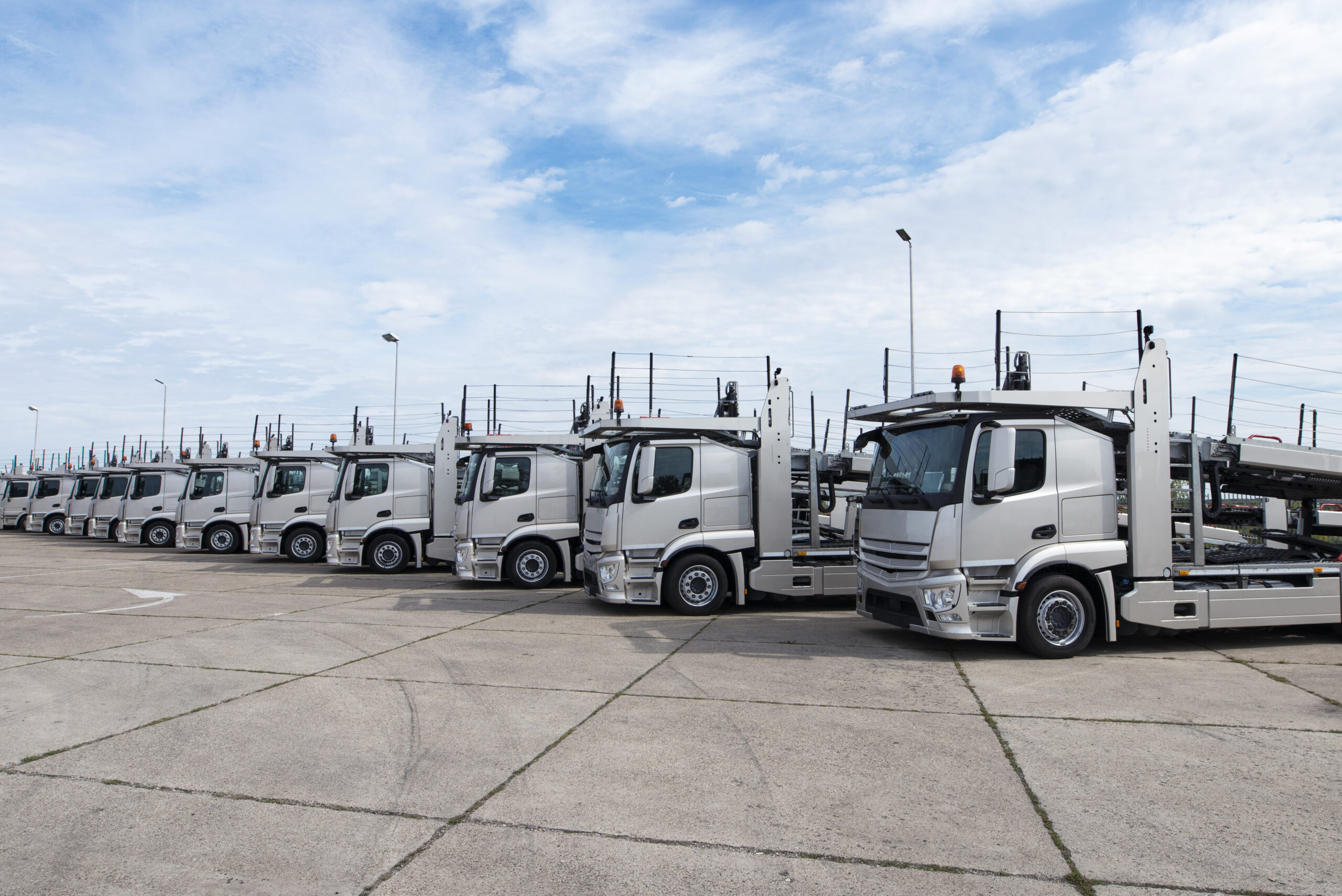
GPS trackers can be used in a variety of ways, such as:
Fleet management: GPS trackers are often used by businesses to track the location and movements of their fleet vehicles. This can help to optimize routes, reduce fuel consumption, and improve efficiency.
Vehicle tracking: GPS trackers can be installed in vehicles to track their location and movements, which can be useful for a variety of purposes, such as recovering a stolen vehicle or monitoring the driving habits of a family member.
Personal tracking: GPS trackers can be worn or carried by individuals, allowing their location to be tracked in real-time. This can be useful for tracking the location of children or elderly individuals, or for personal safety purposes.
Asset tracking: GPS trackers can be attached to valuable assets, such as construction equipment or shipping containers, to track their location and movements. This can help to prevent theft and loss, and improve supply chain efficiency.
When choosing a GPS tracker, it’s important to consider the following factors:
Size and portability: If the tracker will be carried or worn by an individual, it’s important to choose a device that is small and lightweight. If the tracker will be installed in a vehicle or attached to an asset, size may be less of a concern.
Battery life: Some GPS trackers have a long battery life, while others may need to be charged or replaced more frequently. Consider the expected use of the tracker and choose a device with a battery life that meets your needs.
Range: The range of a GPS tracker refers to the distance over which it can transmit location information. If you need to track a vehicle or asset over long distances, choose a tracker with a good range.
Features: Different GPS trackers offer different features, such as real-time tracking, historical location data, and alerts. Consider your specific needs and choose a tracker with the features that are most important to you.
GPS trackers are useful tools for a variety of applications, from fleet management to personal tracking. By considering the size, battery life, range, and features of different trackers, you can choose a device that meets your needs and helps you stay connected and informed.



